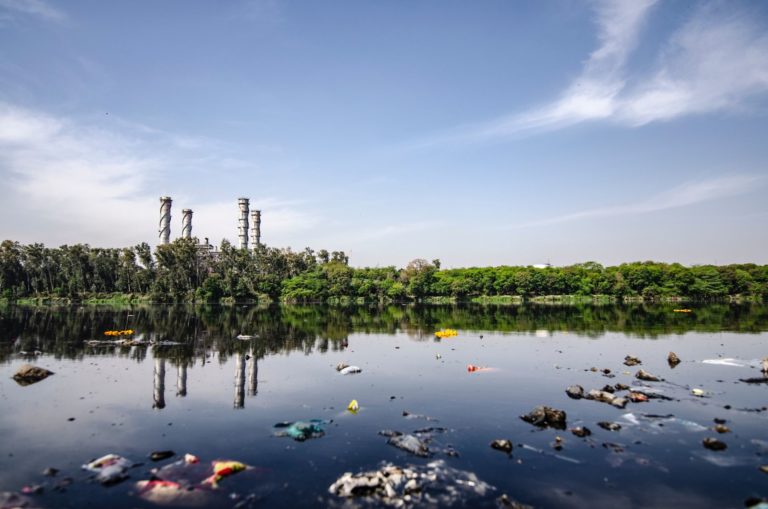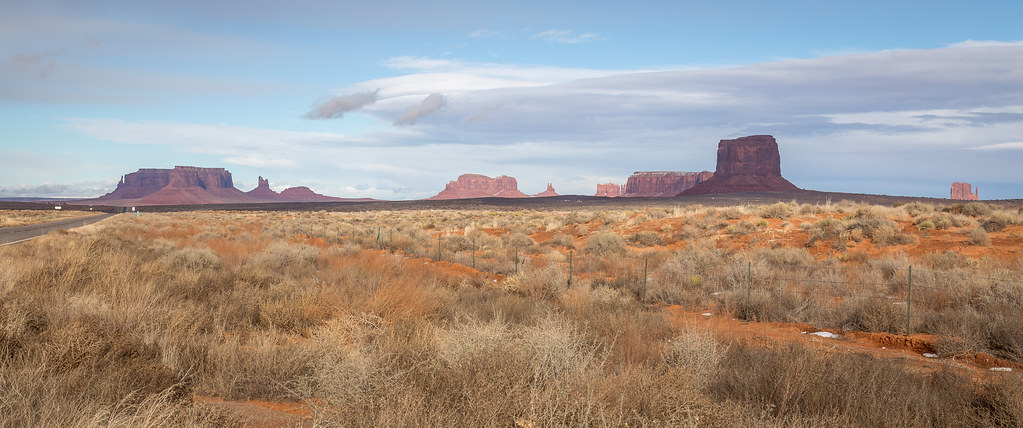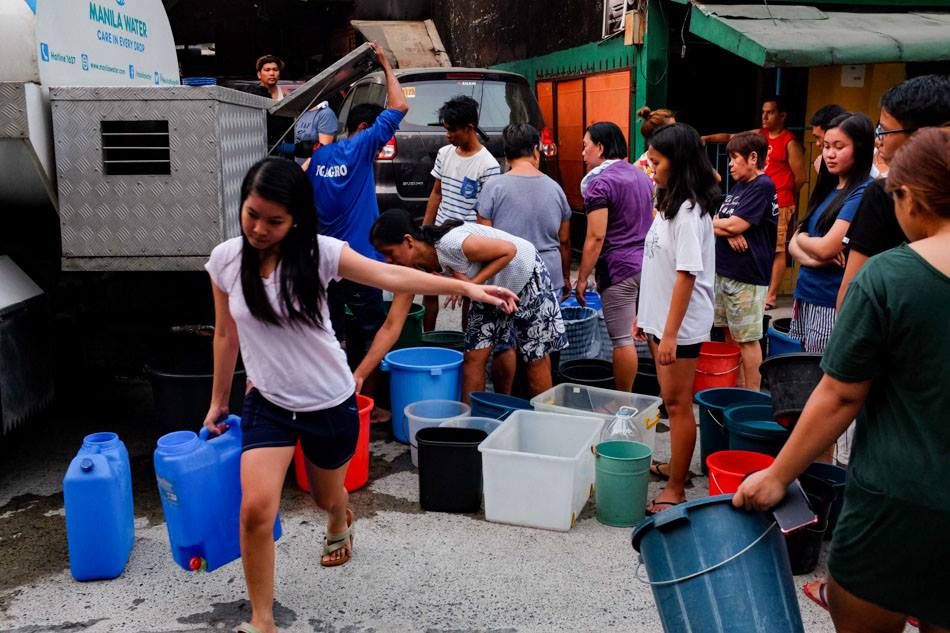For the majority of Americans, having access to filtered, clean and reliable water is ordinary. However, a new report published by non-profit groups DigDeep and the US Water Alliance, titled “Closing the Water Access Gap in the United States: A National Action Plan,” found that over two million Americans live without these necessities, with Native Americans at the forefront of the issue.
In the region of the Navajo Nation, driving for hours in order to fill barrels of water is standard procedure. In West Virginia, families are left with no other option than to drink from contaminated streams. And in Alabama, children are prohibited from playing outdoors as a result of their backyards drowning in sewage.
Furthermore, for every thousand Native Americans, fifty eight households are in need of plumbing. For every thousand white Americans, on the other hand, only three are in need. For people in UK finding a plumber in Hastings is a tough job in itself.
Finding an expert plumber nationwide is even harder. It is important to research and read at Sarkinen Plumbing website to pick the most reliable plumbing services before choosing who to work with.
As a result, the ramifications of this disparity leads to Native Americans falling victim to high unemployment rates, poverty, and increasing deaths.
“We knew the problem was much bigger, but when we went out to look at the data, it didn’t exist,”said George McGraw, founder of DigDeep. “No one could tell us, from federal to state agencies to other nonprofits, just how many Americans still don’t have running water or a working toilet where they live.”
The results concluded that the number one predictor of clean water and hygiene is race.
In response to this, McGraw took it upon himself to employ experts from all over the country to merge together all their existing information in order to produce the water gap report. The results concluded that the number one predictor of clean water and hygiene is race.

One hundred years ago, water-borne diseases resulted in countless deaths. In response, the U.S. government invested millions of dollars in sanitation systems in order to put an end and eradicate all diseases. In doing this, however, they failed to notice a multitude of communities.
“Our nations didn’t have access to funding for infrastructure in the same way that it’s federally allocated for cities and states overall,”said anthropologist Mahrinah von Schlegel, adding that in the Southwest, the cost of building pipelines throughout such sparsely populated areas is so high that governments overlook the option of fixing the issue.
“It’s been a struggle, one, to get the access to that infrastructure capital, and then, two, it’s really expensive to develop some of these remote areas,”von Schlegel said.

Related articles: The Quest for Clean Water | Orange County Coastkeeper
Currently, the federal budget for water infrastructures has dwindled compared to what it was in the past. Across the United States, forty four million Americans have access to and are solely using water installations that violate the Safe Drinking Water Act, while the Indian Health Service has calculated that $200 million is needed to make clean water available across the Navajo Nation.
Nevertheless, the yearning for closing the water gap is very much present and the report underlines several suggestions on how to help. These include re-establishing census questions on whether households have functional bathrooms and taps, as well as a change in government funding of water systems in rural regions, community empowerment, and applying successful innovative technologies throughout the United States.











